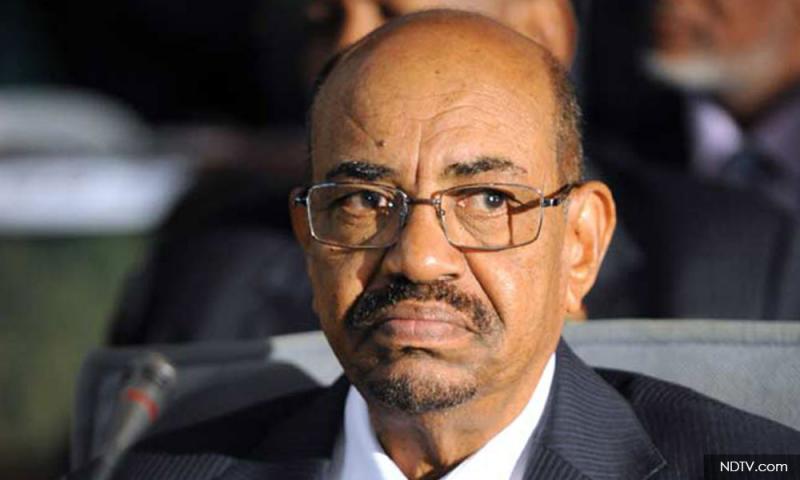Violence on the rise in Darfur after ousting of Sudanese president
The head of the United Nations-African Union peacekeeping mission in Sudan's Darfur told the UN Security Council yesterday that violence is on the rise in the region after the Sudanese army ousted President Omar al-Bashir.
"Security across the volatile Darfur region of Sudan has deteriorated since last week's military takeover in Khartoum," Jeremiah Mamabolo, joint special representative for the UN-African Union Hybrid Operation in Darfur (Unamid), was reported as saying by Xinhua.
The peacekeeping mission in Darfur has "remained vigilant" in the face of rising violence, he stressed.
Mamabolo said that with one army general already forced out of office in the face of continuing protests, the daily curfew has now been lifted, and political detainees are due to be released, with a nationwide ceasefire now in place.
"Yesterday, the chief justice and the attorney-general were replaced," he said, adding that the new military leader, Abdel-Fattah Al-Burhan, had announced a "military transitional phase", which would last two years at most, before a handover to civilian control.
But protests are continuing, Mamabolo said, noting that some internally-displaced people in Darfur, where military action by the former president against civilians led to war crimes charges against him by the International Criminal Court a decade ago, had "engaged in violent acts" targeting government locations, and those seen as collaborators with the former regime.
"Let me assure the council that in the midst of all these developments, Unamid has remained vigilant, maintaining a robust posture, particularly in the Jebel Marra area of responsibility, which is where we have peacekeeping troops," he added.
Bashir's brothers arrested
The Sudanese transitional military council, meanwhile, said that two of Bashir's brothers have been arrested and put in prison.
"Two brothers of the head of the former regime, including Abdalla and Al-Abbas, have been arrested.
"The search is underway for the rest who are hiding themselves," said Shams-Eddin Kabashi, spokesperson of the military council, at a press conference in Khartoum.
Kabashi stressed that the arrest campaign against the figures of the regime and people suspicious of corruption would continue, vowing to disclose lists and photos of the people arrested.
He further announced a decision to put irregular military institutions, such as the people's defence forces, the national service and the people's police forces, under the command of army leaders before integrating them into regular military units.
Since last December 19, popular protests have swept Sudan, which caused the Sudanese army to announce on April 11 the ouster of Bashir's regime and the formation of a transitional military council to run the country's affairs.
Since assuming its tasks, the council, chaired by Burhan, adopted a number of measures in response to the demands of protesters.
The council earlier said it formed a committee entrusted with receiving the headquarters and assets of the National Congress Party (NCP), which was led by Bashir.
It further said it would continue its campaign of arresting all people involved in corruption cases, deciding to review the country's diplomatic missions abroad.
- Bernama
RM12.50 / month
- Unlimited access to award-winning journalism
- Comment and share your opinions on all our articles
- Gift interesting stories to your friends
- Tax deductable

 Bernama
Bernama